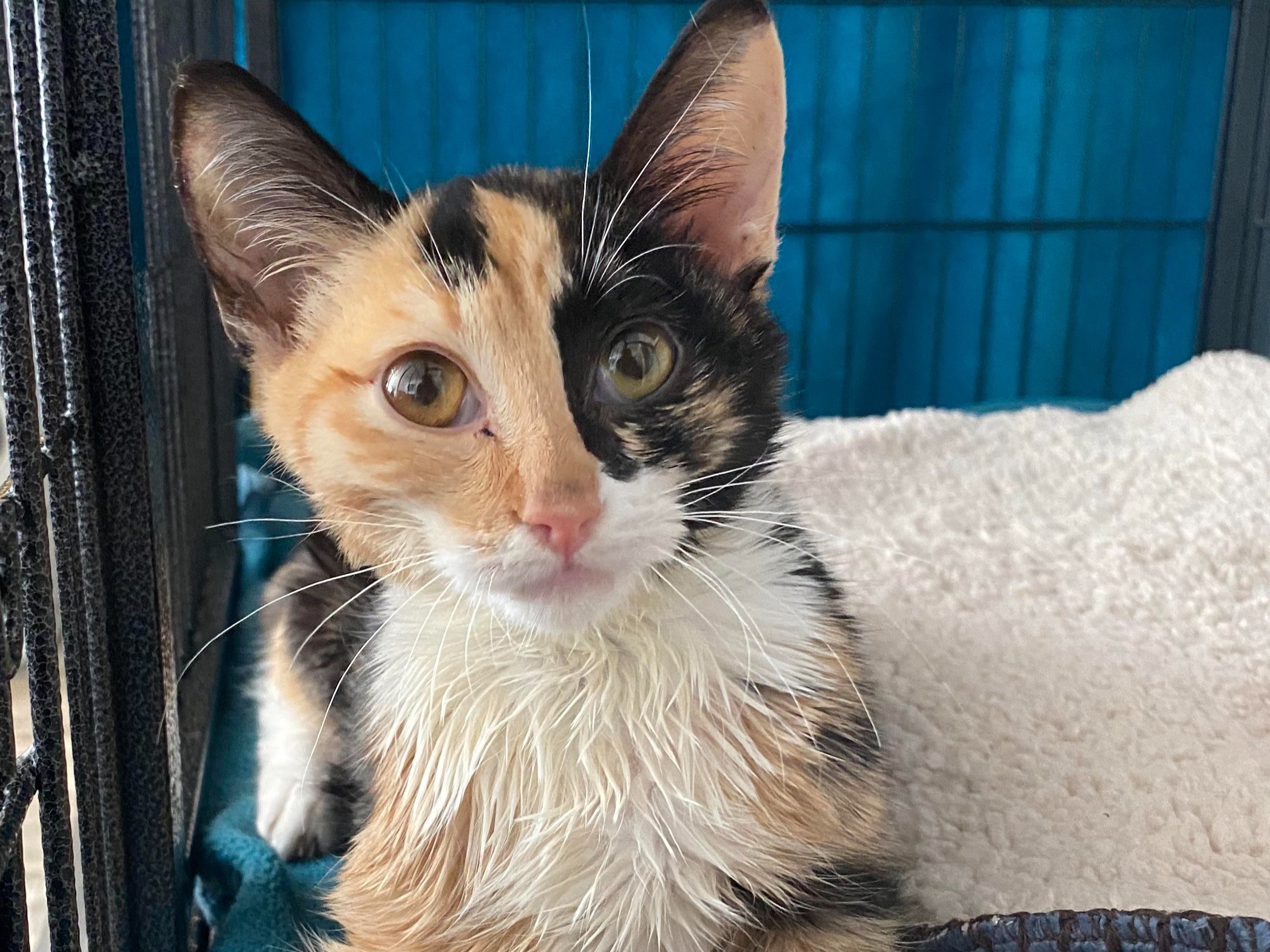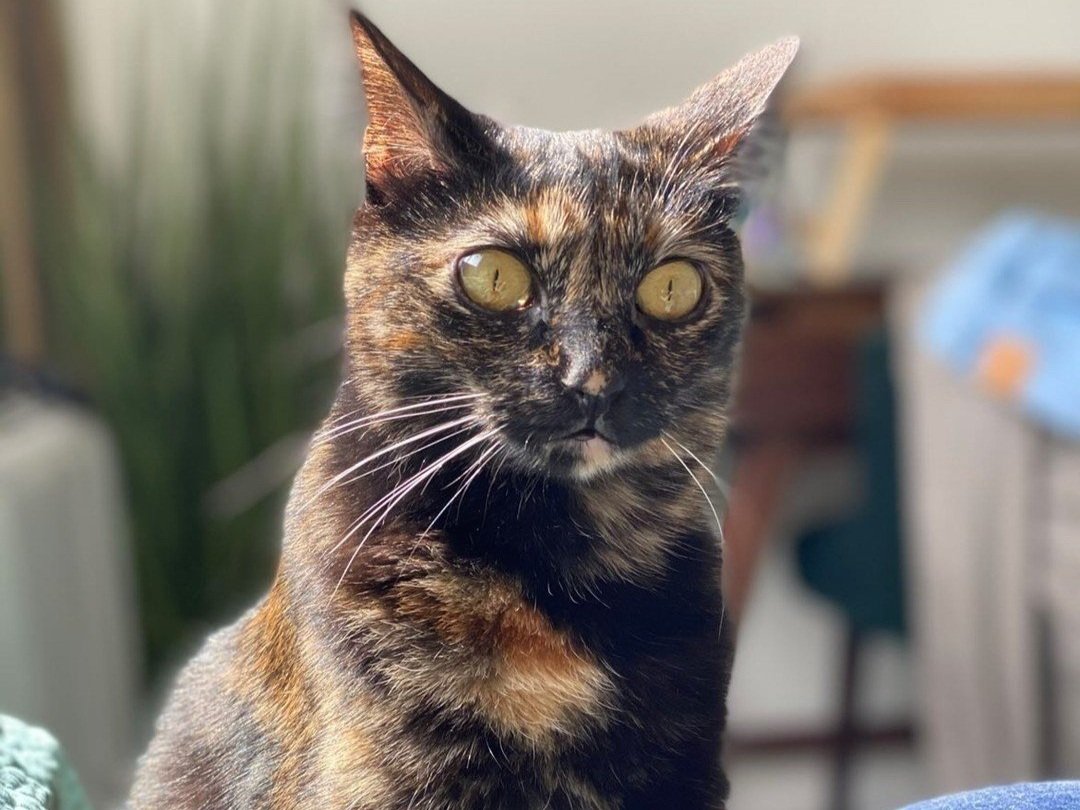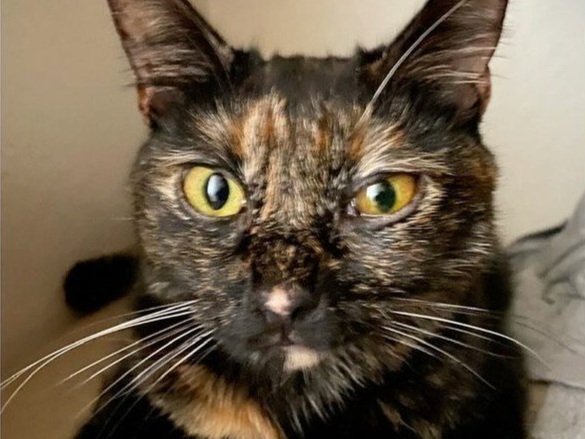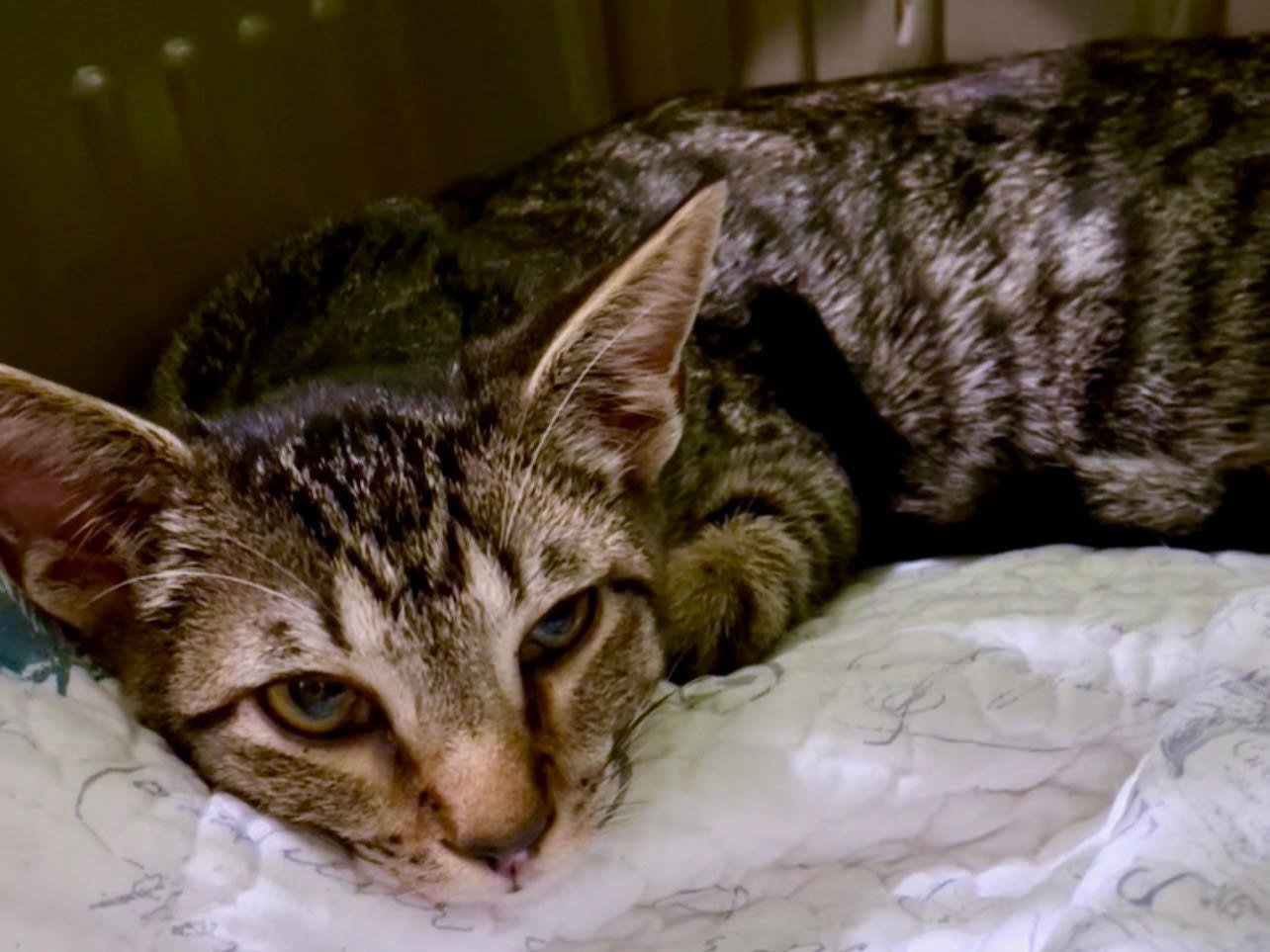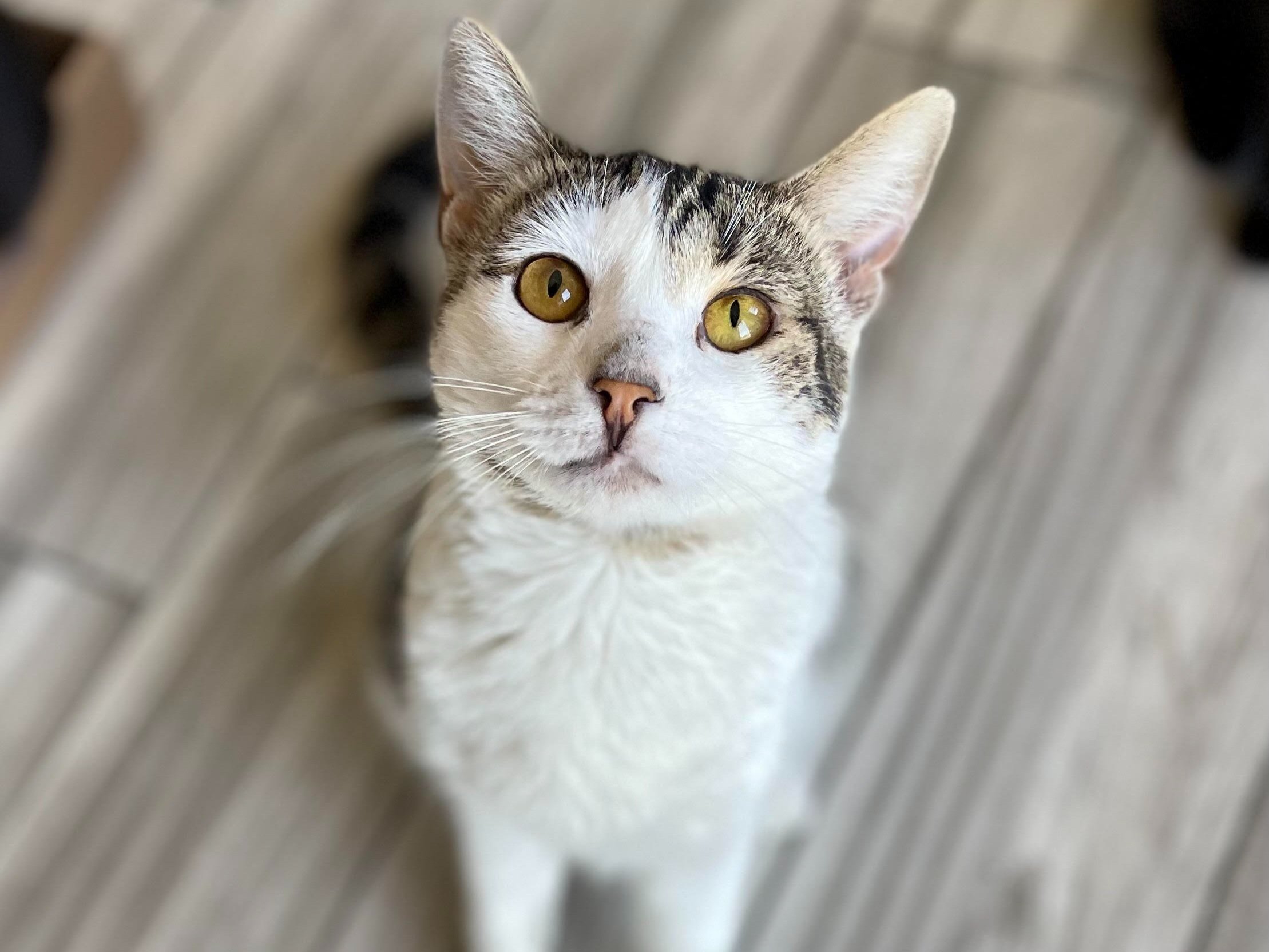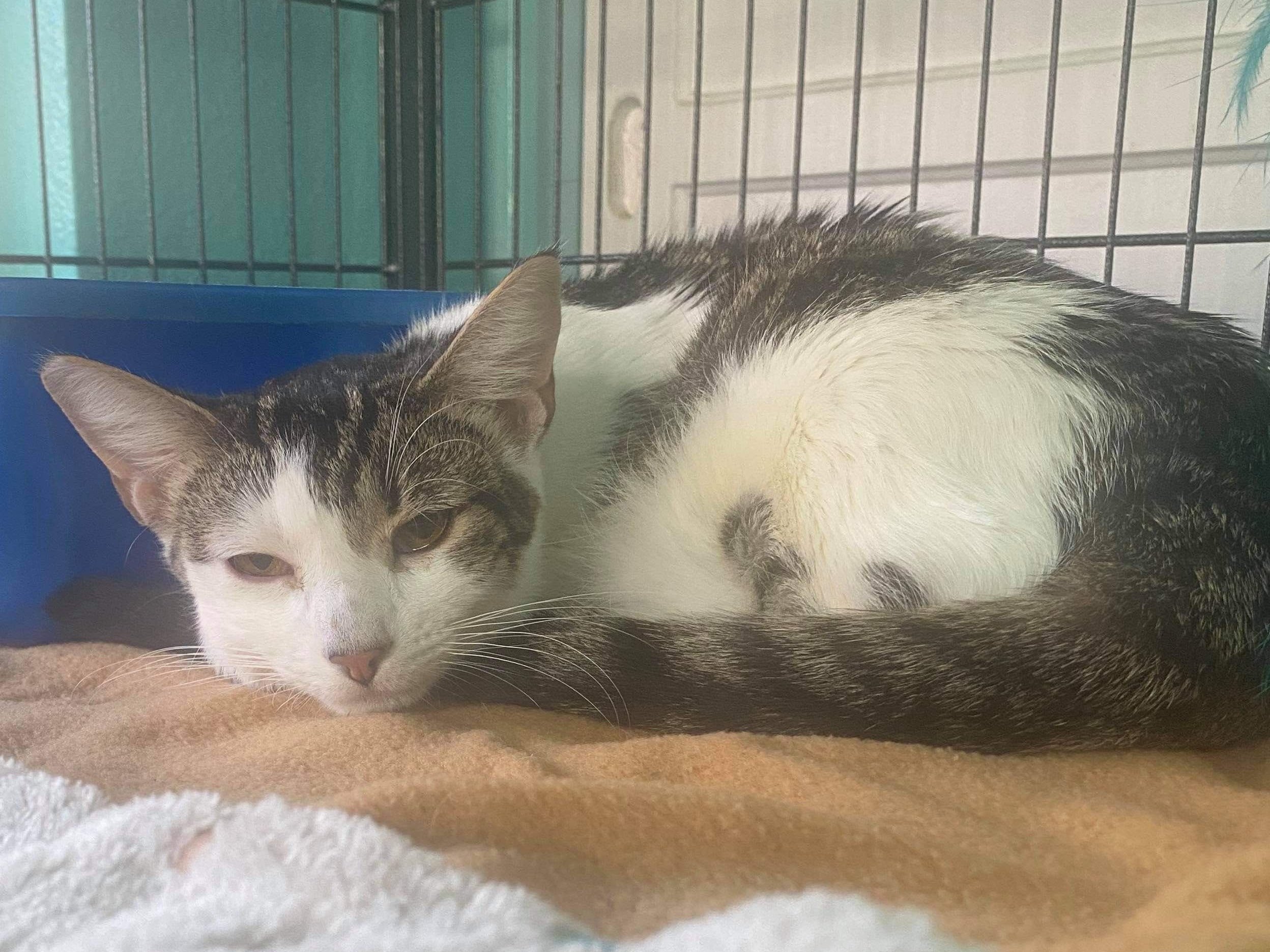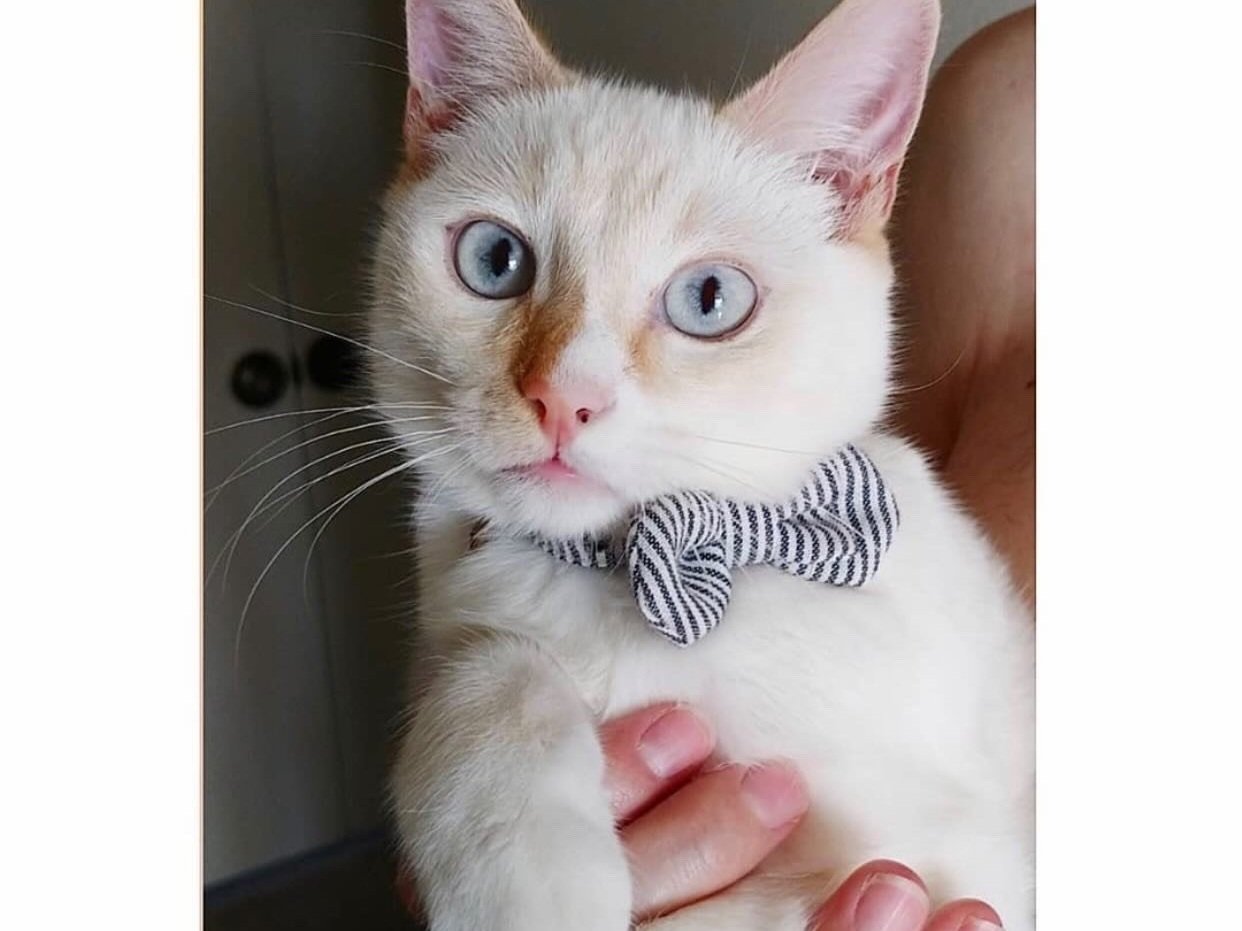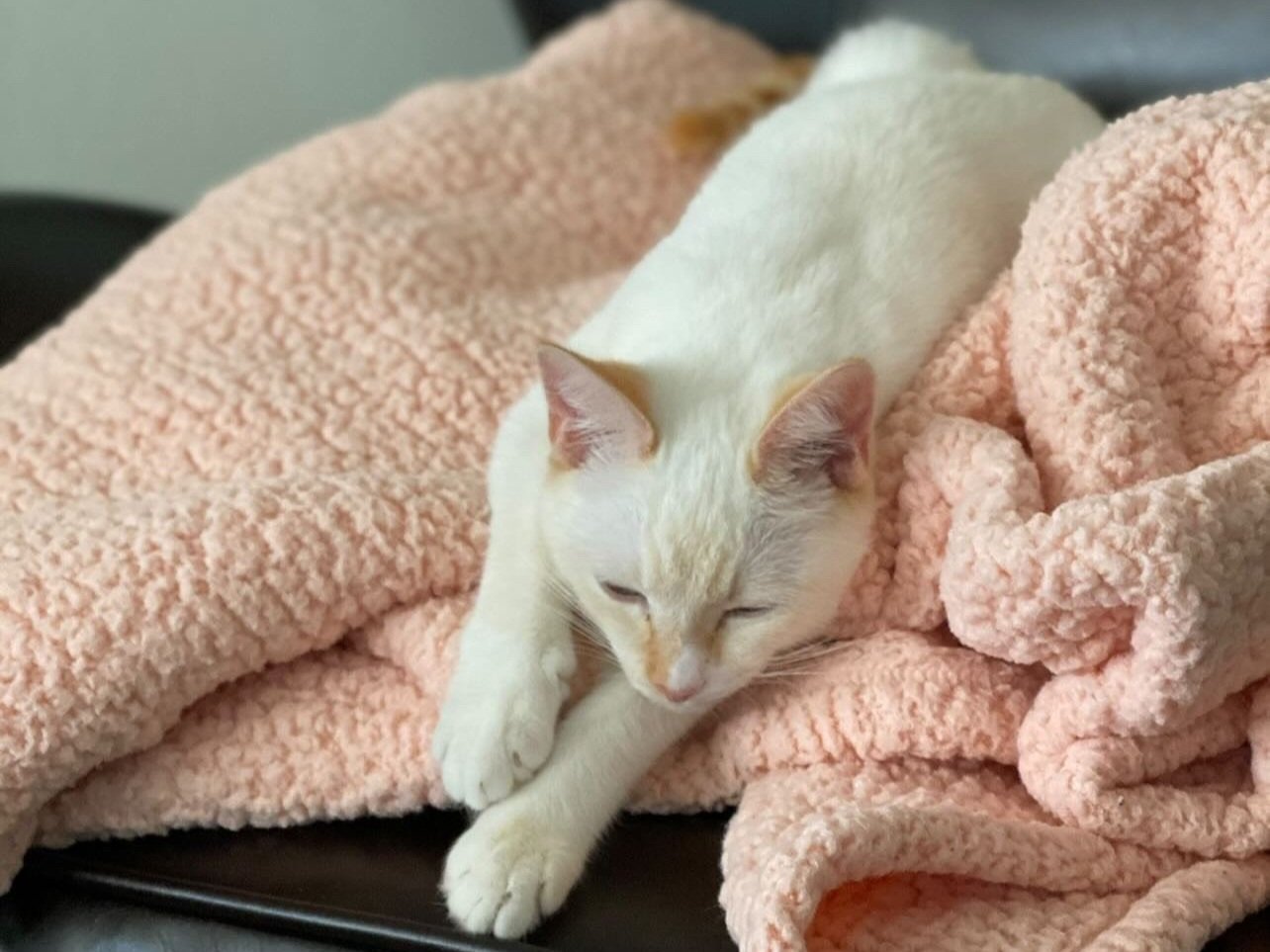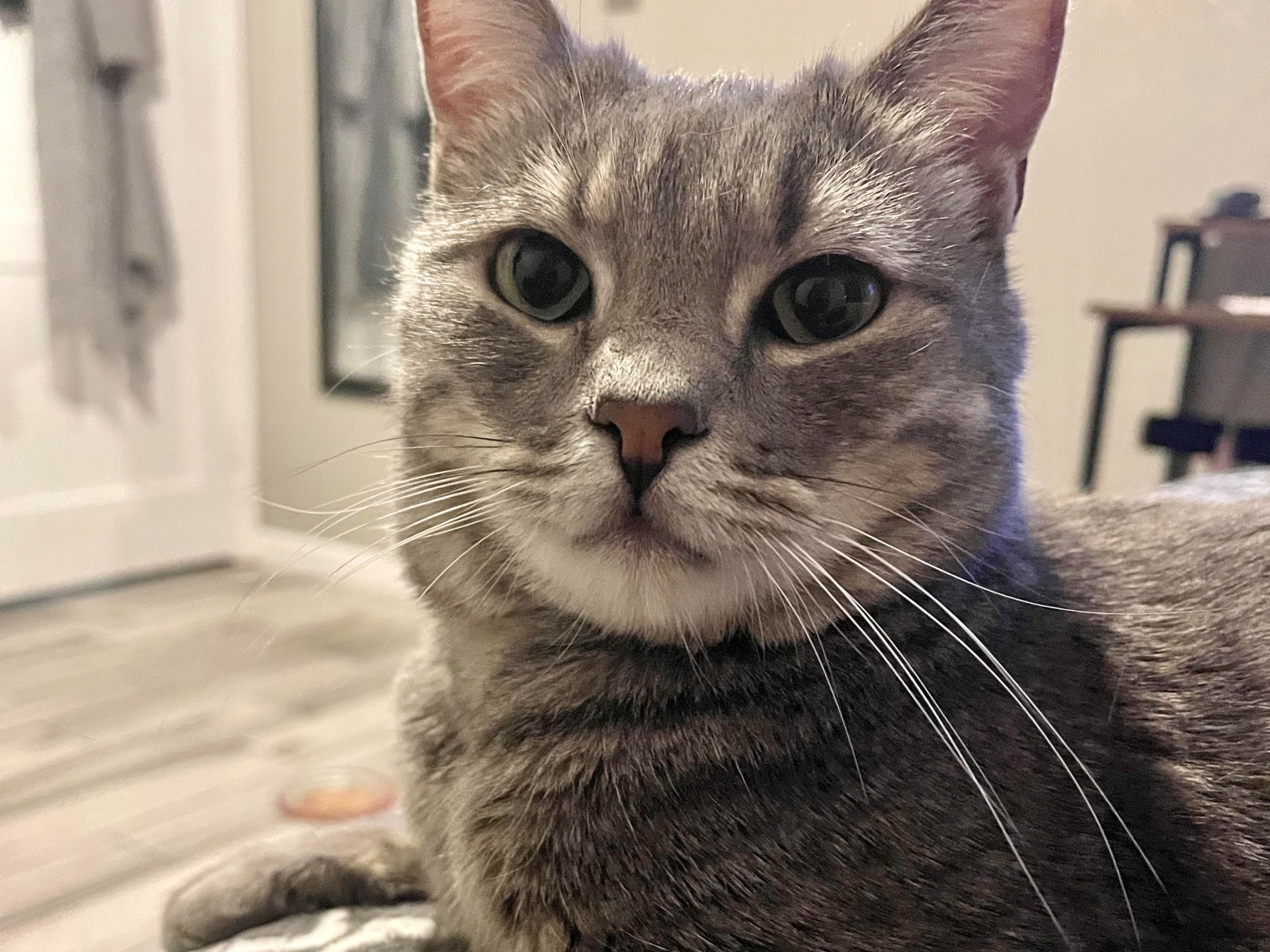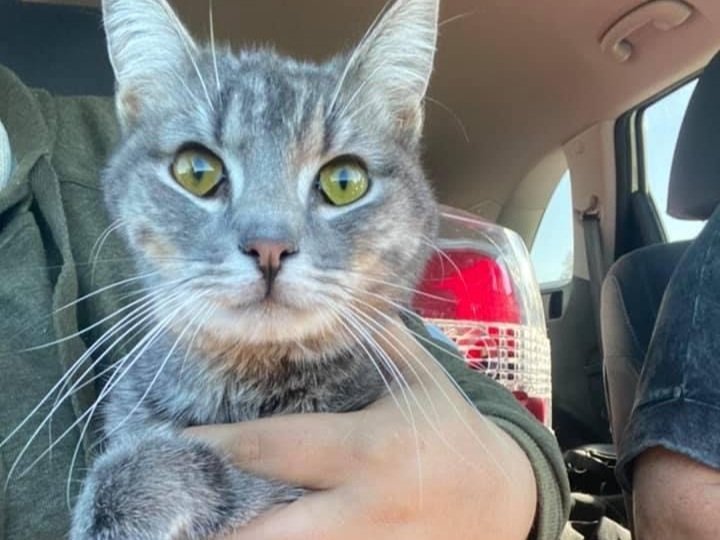We hope you never run into FIP, but by welcoming a kitty into your home, every cat parent has the potential to experience an FIP diagnosis. There is no way to detect or determine if a kitten will develop FIP, so it is best to be knowledgeable about its clinical signs so you can be prepared before a crisis.
what is fip?
Feline Infectious Peritonitis, most commonly called FIP, is caused by a mutation of the typically benign Feline Coronavirus (FCoV). It generally strikes kittens and young cats under 2 years of age, or older cats whose immune system has been stressed or otherwise compromised. Feline Coronavirus is different from COVID-19. Historically, FIP has been a death sentence. Thankfully, due to new research from UC Davis, there is a cure!
-
There are two major forms of FIP, an effusive, or “wet” form and a noneffusive, or “dry” form. Regardless of which form they ultimately progress to develop, it’s important to know what symptoms to watch for.
Effusive, “Wet” FIP
Loss of appetite
Weight loss
Depression/Lethargy
Fever
Jaundice
Poor Hair Coat
Fluid in the abdomen and chest cavity
Pot-bellied appearance
Difficulty breathing
Non-effusive, “Dry” FIP
Loss of Appetite
Weight Loss
Depression/Lethargy
Fever
Jaundice
Poor Hair Coat
Seizures
Ataxia/Difficulty Moving
Uveitis
Abnormal Eye Movements
Blindness
-
Nearly every cat in the world is exposed to Feline Coronavirus, especially those in shelters or multi-cat households. 90-95% percent of cats who contract the coronavirus will experience a short bout of diarrhea, but will overcome the virus without further complications. The other 5-10% will have either a genetic predisposition or a weakened immune system that allows the virus to mutate into the virulent form, FIP.
In cats that develop FIP, the first signs of illness may be very vague: listlessness, lethargy, decreased or absent appetite, weight loss, and a fluctuating fever are commonly reported. After a period of several days to a few weeks, other symptoms typically begin to occur. Bloodwork determining a low A/G ratio is a general rule of thumb that FIP may be the culprit of their illness.
At this stage, most cats will develop the 'wet' or effusive form of FIP, which refers to the accumulation of fluid in body cavities; fluid may accumulate in the abdomen, leading to a swollen abdomen, or in the chest cavity, resulting in difficulty breathing.
Some cats develop 'dry' or non-effusive FIP where little to no fluid accumulates. The dry form often involves severe inflammation in one or more organs including the eyes, brain, liver, intestine, or other organs of the body, leading to a variety of clinical signs. Many cats with dry FIP will have ocular (eye) symptoms as their clinical sign. Other signs of dry FIP are neurological issues including wobbliness or losing the ability to walk.
Once the disease develops, most individuals deteriorate rapidly, although some cats remain normal for several weeks.
-
If your cat stops eating or becomes lethargic, the first step is ALWAYS to rush to your veterinarian. If the veterinarian suspects FIP, they will most likely say there is no cure and possibly recommend euthanasia, but there is a lifesaving treatment that has had amazing success in curing cats from FIP and it’s important to know all your options.
FIP treatment (GS-44154) is a new, innovative drug developed by Dr. Pedersen’s group at UC Davis in 2016. It has saved thousands of lives, including many previous Little Lions! The treatment is not yet FDA approved, therefore, most veterinarians don’t know about it and are not allowed to officially prescribe it. Fortunately, you can access the cure!
FIP treatment consists of 12 weeks of treatment and 12 weeks of observation. Once treatment is complete, your kitten will be cured! You will officially have a FIP survivor!
-
meet our survivors
Below are before and after photos of all of our Little Lions that have received this lifesaving treatment and have been cured of FIP!
Maple
Cured of Dry FIP in 2020
pepper
Cured of Dry FIP in 2020
ajax
Cured of Wet FIP in 2020
jasmine
Cured of Wet FIP in 2021
Maui
Cured of Wet FIP in 2020
marcella
Cured of Dry FIP in 2021



